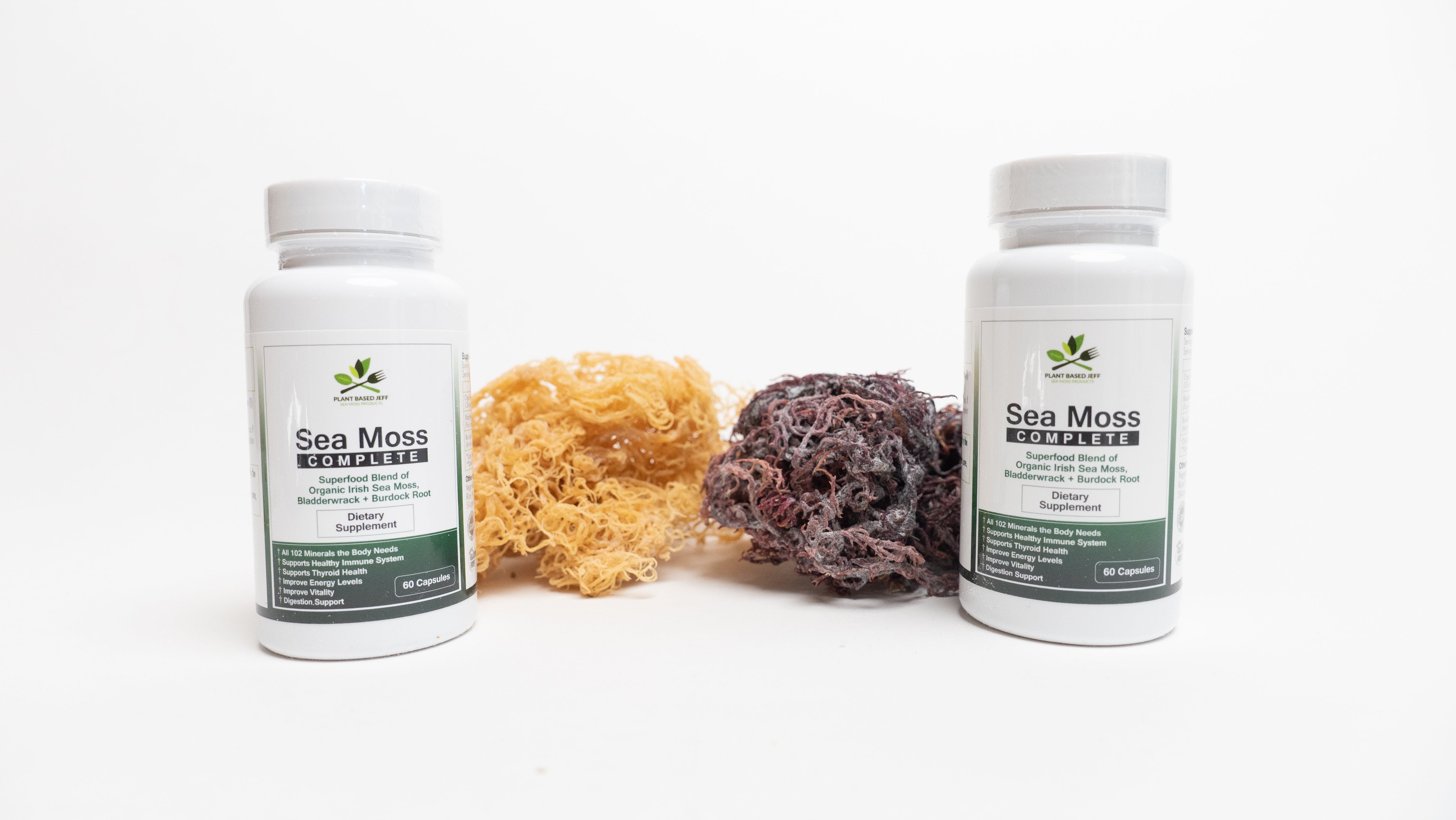
How to Start a Plant-Based Diet for Your Heart Health
A plant-based diet can be good for your heart. If you’re eating mostly or only fruits, vegetables, and meat substitutes like soy, you may cut your odds of getting critical diseases compared to a diet that includes a lot more meat, cholesterol, and more.
A plant-based diet is an excellent choice for those looking to promote heart health and overall well-being. It is easy to follow and provides ample amounts of nutritious, heart-healthy foods. If you are planning to incorporate this diet in your lifestyle, here is everything you need to know about how it can improve your heart health.
What Counts as Plant-Based?
A plant-based diet is one that focuses on foods that come from plants. This includes fruits, vegetables, legumes, nuts, seeds, and whole grains. It also includes plant-based proteins like soy, tempeh, and seitan, as well as plant-based milks, like almond and oat milk.
Processed and refined foods, such as white bread, pasta, and sugar, should be avoided as much as possible.
A flexitarian diet is a way of eating that allows for occasional consumption of meat, poultry, pork, or fish while mainly eating plant-based meals. People who follow this diet are sometimes called "flexitarians" or "semi-vegetarians." A pescatarian diet is a type of flexitarian diet that includes fish in addition to plant-based foods.
Making the Switch to Plant-Based Food
Before you make a complete lifestyle change, the key thing to remember is that you should still consider getting all the nutrients you need from all of the food groups. Depending on how far you want to take it, you may choose to limit or eliminate animal products from your diet.
Speak to a dietitian to ensure you are getting the correct nutritional intake. For instance, if you opt to not eat any animal products, you may need to take a supplement or eat food that is fortified with Vitamin B12. Additionally, you should check if you are getting enough Iron, Calcium, and Zinc.
If you are considering replacing traditional dairy products with non-dairy alternatives such as rice milk, nut milk, soy milk, or other plant-based alternatives, it is important to read the labels to make sure you are getting enough calcium and vitamin D in your diet.
Benefits for Your Heart
If you are eating a plant-based diet, you are likely to be consuming fewer saturated fats and cholesterol than if you were eating an omnivorous diet. This means you may be reducing your risk for heart disease.
Additionally, you may be consuming more fiber which can help reduce cholesterol levels. Lastly, a plant-based diet is typically higher in antioxidants and phytonutrients which can help protect your heart and reduce inflammation.
Eating more plant-based foods can provide your body with powerful, natural nutrients that can help protect it from disease and damage. These foods are packed with antioxidants and other beneficial plant compounds that reduce inflammation and help protect your heart and body. They also help lower blood pressure and reduce the chances of developing blood clots, decreasing your risk of having a stroke.
Conclusion
Eating a plant-based diet can help reduce your risk of heart disease by reducing your intake of saturated fats and cholesterol, increasing your fiber intake, and providing your body with powerful antioxidants and phytonutrients.
If you are making the shift to this lifestyle, Plant Based Jeff has all the resources you need. We have all kinds of resources for building a plant-based diet for beginners. Get in touch with us today to learn how.



Leave a comment
This site is protected by hCaptcha and the hCaptcha Privacy Policy and Terms of Service apply.